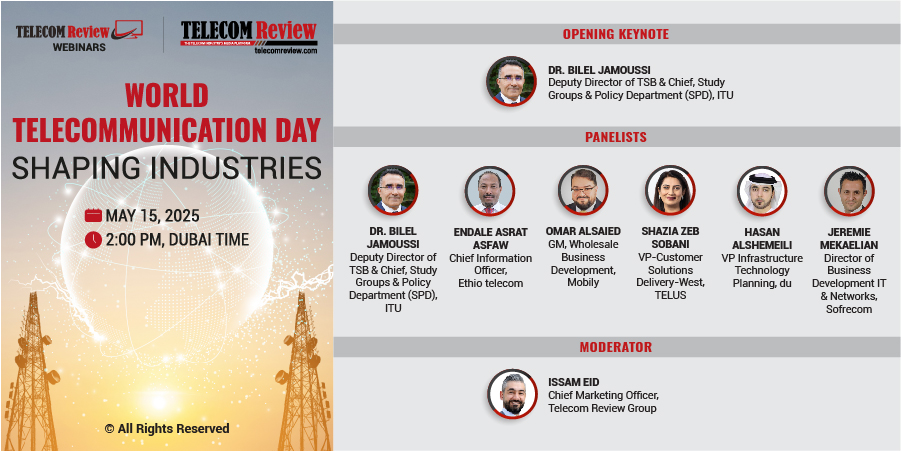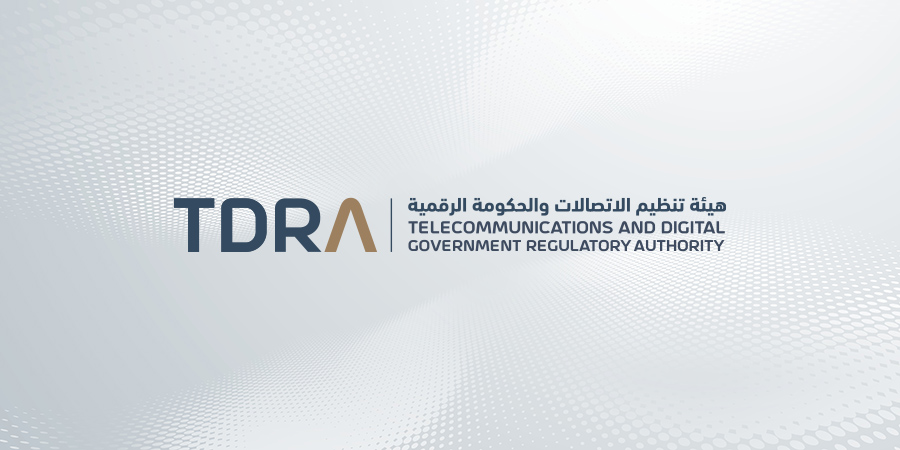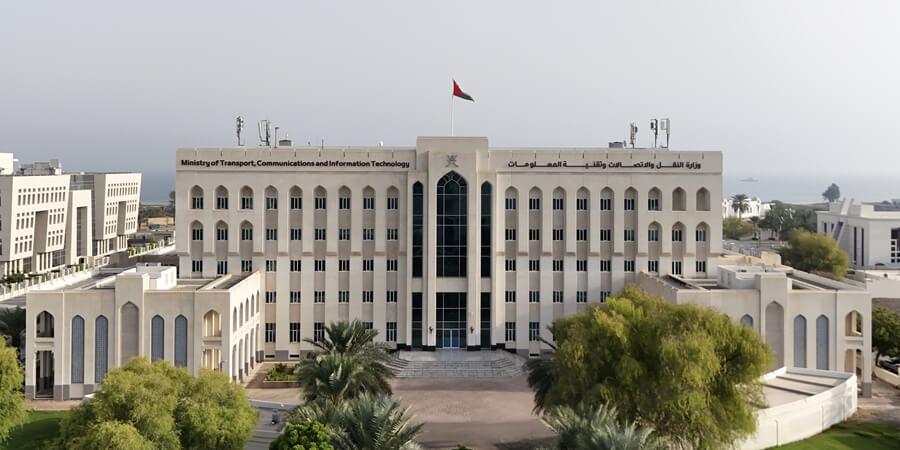Passwords are akin to digital passports; thus, they need to be strong to combat identity theft.

Reports and Coverage
UAE Among Top Global Emerging AI Contenders
The UAE has officially ranked among the top emerging global economies in artificial intelligence (AI) readiness, according to a report titled ‘GCC AI Pulse: Mapping the Region’s Readiness for an AI-Driven Future’ by Boston Consulting Group (BCG).
Telecom Review Webinar Reimagines Telecom Transformation
The global telecommunications industry is undergoing a transformative shift. While there is an urgent need for sunsetting legacy networks and adopting modern infrastructure, the challenges associated with this overhaul are diverse and demanding.
Cyber Threats Escalate Across EMEA as Breaches Nearly Double
Verizon Business has unveiled its 2025 Data Breach Investigations Report (DBIR), revealing a sharp global rise in data breaches. Among the regions hit hardest is EMEA (Europe, Middle East, and Africa), where cybersecurity threats like system intrusions and insider threats are growing at an alarming pace.
5G Expansion, Economic Gains, and Omanization: Key Drivers of Oman's Telecom Success
Oman’s Telecommunications Regulatory Authority (TRA) has announced significant milestones in the sultanate’s telecom sector for 2024, with notable gains in subscriptions, infrastructure, and revenues.
Digital Inclusion Starts with Her: Empowering Women in ICT and Beyond
International Girls in ICT Day 2025, set for April 24th, will highlight the theme ‘Girls in ICT for Inclusive Digital Transformation.’ This global initiative emphasizes the urgent need for greater female representation in the ICT sector.
TDRA Launches DGOV Community to Enhance Knowledge Exchange
The Telecommunications and Digital Government Regulatory Authority (TDRA) recently hosted a session that brought together digital transformation experts from federal government entities. The session marked the launch of the Digital Government Community (DGOV Community) and explored how training can be leveraged to enhance skills and promote knowledge exchange.
Oman’s MTCIT Plots Structured Government Digital Transformation
His Excellency Eng. Saeed bin Hamoud Al-Maawali, Minister of Oman’s Ministry of Transport, Communications, and Information Technology (MTCIT), issued Ministerial Decision No. (108 /2025), enacting the Regulatory Framework for Government Digital Transformation.
Revolutionizing User Convenience with Ambient Invisible Intelligence
Today’s digital era represents a paradigm shift in how we interact with the world; technology is increasingly blending with human lives.
Not Only on “Earth Day” But Every Day: ICT’s Mission for a Greener Future
In celebration of Earth Day’s 55th anniversary, the 2025 theme, “Our Power, Our Planet,” urges collective global action to fast-track the transition to renewable energy. The objective is to triple clean electricity output by 2030 by harnessing solar, wind, hydro, tidal, and geothermal sources.

















